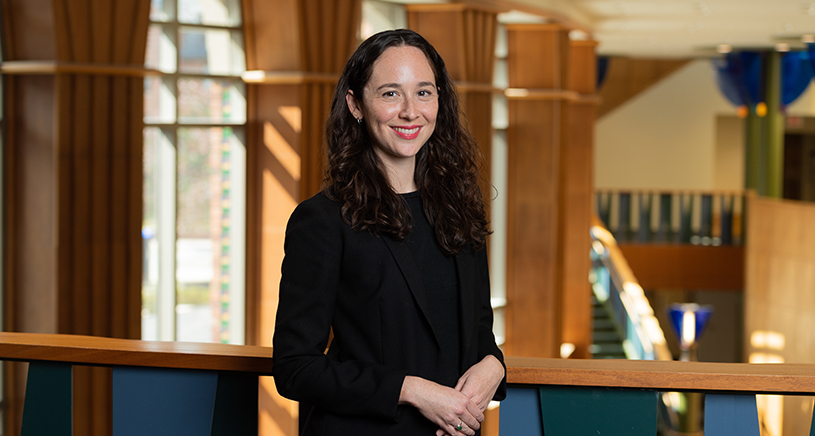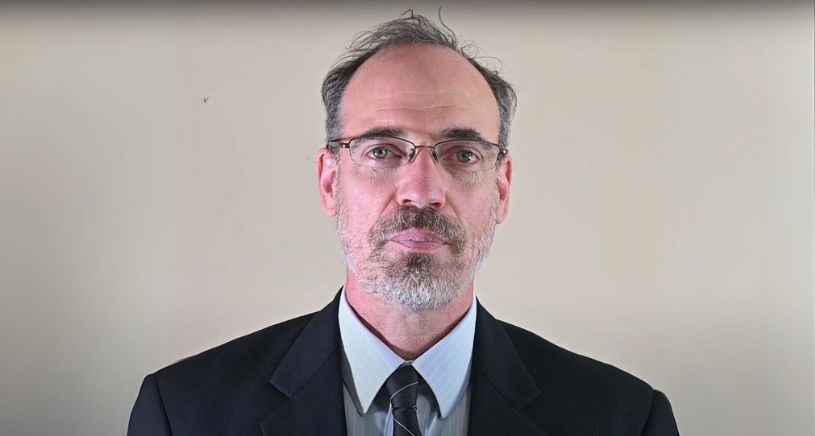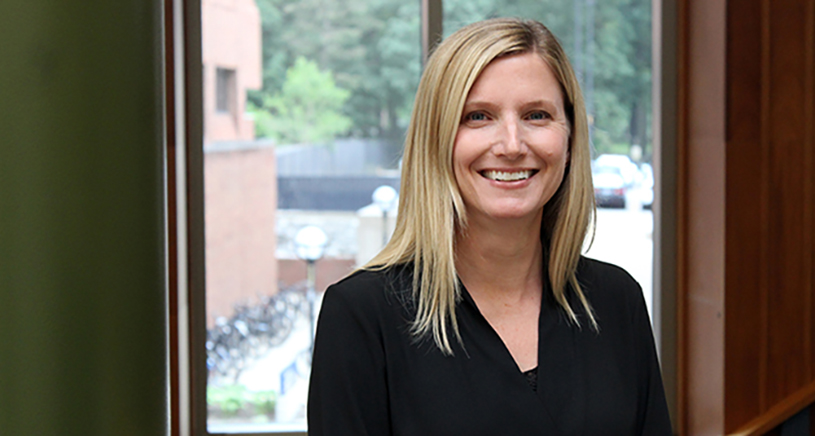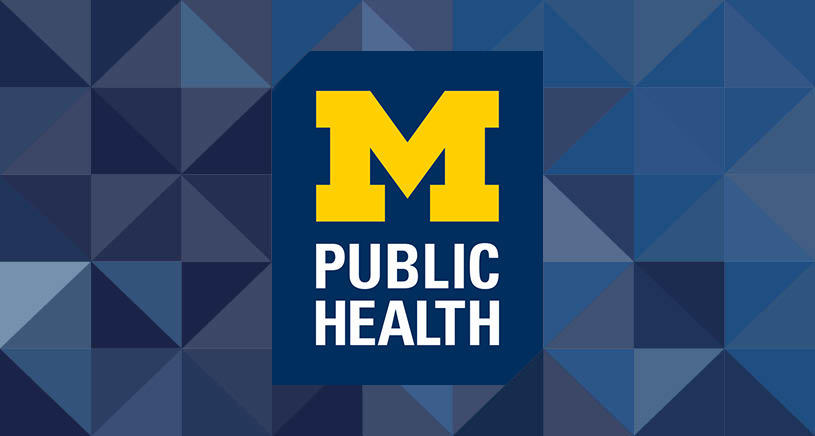Courses Taught by Abram Wagner
EPID604: Applications Of Epidemiology
- Graduate level
- Residential
- Fall, Winter, Spring, Spring-Summer, Summer term(s) for residential students;
- 1-6 credit hour(s) for residential students;
- Instructor(s): Ella August, James Buskiewicz, Sara Adar, Matthew Boulton, Andrew Brouwer, Melissa Beck, Kelly Bakulski, Miatta Buxton, Joseph Eisenberg, Marisa Eisenberg, Nancy Fleischer, Betsy Foxman, Aubree Gordon, Alexis Handal, Jennifer Head, Jihyoun Jeon, Spruha Joshi, Sharon Kardia, Carrie Karvonen-Gutierrez, Lindsay Kobayashi, Peter Larson, Aleda Leis, Elizabeth Levin-Sparenberg, Lynda Lisabeth, Juan Marquez, Emily Martin, Briana Mezuk, Alison Mondul, Lewis Morgenstern, Belinda Needham, Marie O'Neill, Sung Kyun Park, C. Leigh Pearce, Laura Power, Alex Rickard, Jennifer Smith, Eduardo Villamor, Abram Wagner, Xin Wang, Douglas Wiebe, Zhenhua Yang, Jonathan Zelner, (Residential);
- Prerequisites: Instructor Permission
- Description: Application of epidemiological methods and concepts to analysis of data from epidemiological, clinical or laboratory studies. Introduction to independent research and scientific writing under faculty guidance.
- This course is cross-listed with .
- Syllabus for EPID604








































EPID670: Integrated Problem Solving In Epidemiology 1
- Graduate level
- Residential
- Fall term(s) for residential students;
- 3 credit hour(s) for residential students;
- Instructor(s): Abram Wagner (Residential);
- Prerequisites: Current or past enrollment in PUBHLTH 500. This course is only for EPID MPH students.
- Description: This class is the first semester of a year-long capstone course for master’s students in epidemiology. The course advances students’ analytical skills in developing epidemiological research questions, performing power and sample size calculations, and designing data collection instruments. Students will apply concepts into individual data analysis and writing projects.
- Learning Objectives: To develop an epidemiological research question based on the current scientific literature and using an existing dataset. To perform power calculations and sample size calculations for a given research question and study population. To assess measurement error and biases in an existing dataset.
- Syllabus for EPID670

| Department | Program | Degree | Competency | Specific course(s) that allow assessment | EPID | General Epidemiology | MPH | Apply core aspects of field methods in epidemiology (e.g., survey design, sampling and power, surveillance) | EPID670, EPID671 | EPID | Occupational and Environmental Epidemiology | MPH | Communicate environmental or occupational epidemiological findings in writing using standards of peer-reviewed journals, including descriptions of design, results, and interpretation | EPID670, EPID671 |
|---|
EPID671: Integrated Problem Solving In Epidemiology 2
- Graduate level
- Residential
- Winter term(s) for residential students;
- 3 credit hour(s) for residential students;
- Instructor(s): Abram Wagner (Residential);
- Prerequisites: EPID 670, This course is only for EPID MPH students.
- Description: This class is the second semester of a year-long capstone course for students completing the master’s of public health in epidemiology. The course advances students’ skills in data management, writing, and data visualization. Students will apply concepts into individual data analysis and writing projects.
- Learning Objectives: To apply best practices in data management, including cleaning data and understanding patterns of missingness To develop effective skills and habits in writing about epidemiology studies To create a variety of visualizations for epidemiological findings

| Department | Program | Degree | Competency | Specific course(s) that allow assessment | EPID | General Epidemiology | MPH | Apply core aspects of field methods in epidemiology (e.g., survey design, sampling and power, surveillance) | EPID670, EPID671 | EPID | Occupational and Environmental Epidemiology | MPH | Communicate environmental or occupational epidemiological findings in writing using standards of peer-reviewed journals, including descriptions of design, results, and interpretation | EPID670, EPID671 |
|---|
PUBHLTH350: Global Public Health: Challenges and Transformations
- Undergraduate level
- Residential
- Winter term(s) for residential students;
- 4 credit hour(s) for residential students;
- Instructor(s): Abram Wagner (Residential);
- Prerequisites: None
- Description: This course integrates foundational principles of political science and international studies in an exploration of epidemiological transitions, goal-setting in international organizations, and other global public health challenges. Students will investigate health disparities between countries and between socioeconomic groups within a country, and will discuss key communicable and non-communicable health conditions.
- Syllabus for PUBHLTH350

